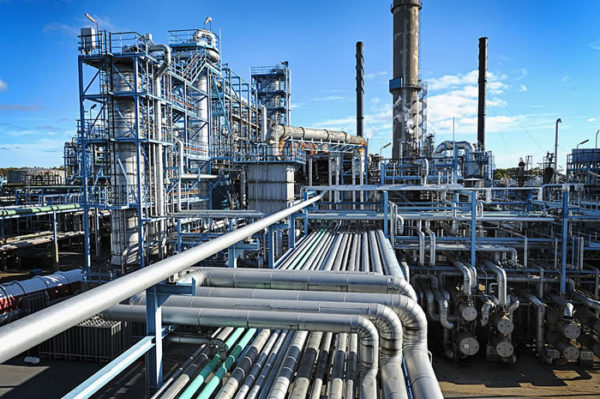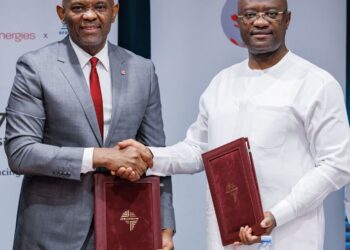In what analysts attribute to inefficiencies in tackling pipeline vandalism, theft and dwindling fortunes in the sector, ocassioned by lack of investments, Nigeria has recorded a third production decline in the first five months of 2025, dropping by 32,759 barrels per day (bpd).
Though, oil prices in the international markets are rising, the country has continued to miss out due to low production output
Specifically, the data from the Nigerian Upstream Petroleum Regulatory Commission (NUPRC) showed that the country’s crude production fell in February by (1.47 million bpd), March (1.4 million bpd) and May (1.45 million bpd).
Nigeria’s production has fluctuated through the first five months of the year, with output at 1.539 million bpd in January, 1.465 million bpd in February, before dropping to 1.401 million bpd in March, recovering to 1.486 million bpd in April and declining in May.
Thie imolication is that Nigeria has also failed to meet its quota as set by the Organization of Petroleum Exporting Countries (OPEC) for four consecutive months after reaching the milestone last December and in January 2025.
What To Do With Our Electricity Distribution Companies ( DISCOS )
When including blended and unblended condensates, Nigeria’s total output in May reached 1.66 million bpd, according to the upstream regulator.
But, OPEC does not include condensates in its quotas for member states.
According to the regulatory commission, the lowest and peak combined crude oil and condensate production in May were 1.61 million bpd and 1.810 million bpd, respectively.
“The daily average production in May was 1,657,435 barrels per day, comprising of both Crude oil (1,452,941 bopd) and condensate (204,493 bopd) 3. The average crude oll production was 97% of OPEC quota (1.5 mbpd),” the regulator stated.
The development is amid recent statement by Heineken Lokpobiri, Minister of State for Petroleum Resources (Oil), that the federal government is working to attract investment in the sector.
According to him, FG and Yinson Offshore Production are in talks to further investments in the sector’s offshore operations.
“I received Mr. Flemming Grønnegaard, CEO of Yinson Offshore Production, as we engaged in meaningful discussions on further investments in our offshore operations,” he said.
“Our conversation centred on collaborative efforts to boost production capacity, a key priority in our strategic drive to increase national oil output.”
According to the Minister, Yinson’s zero-emissions FPSO initiative and commitment to carbon neutrality by 2030 align with the country’s national agenda to explore in a more sustainable and environmentally responsible manner.












